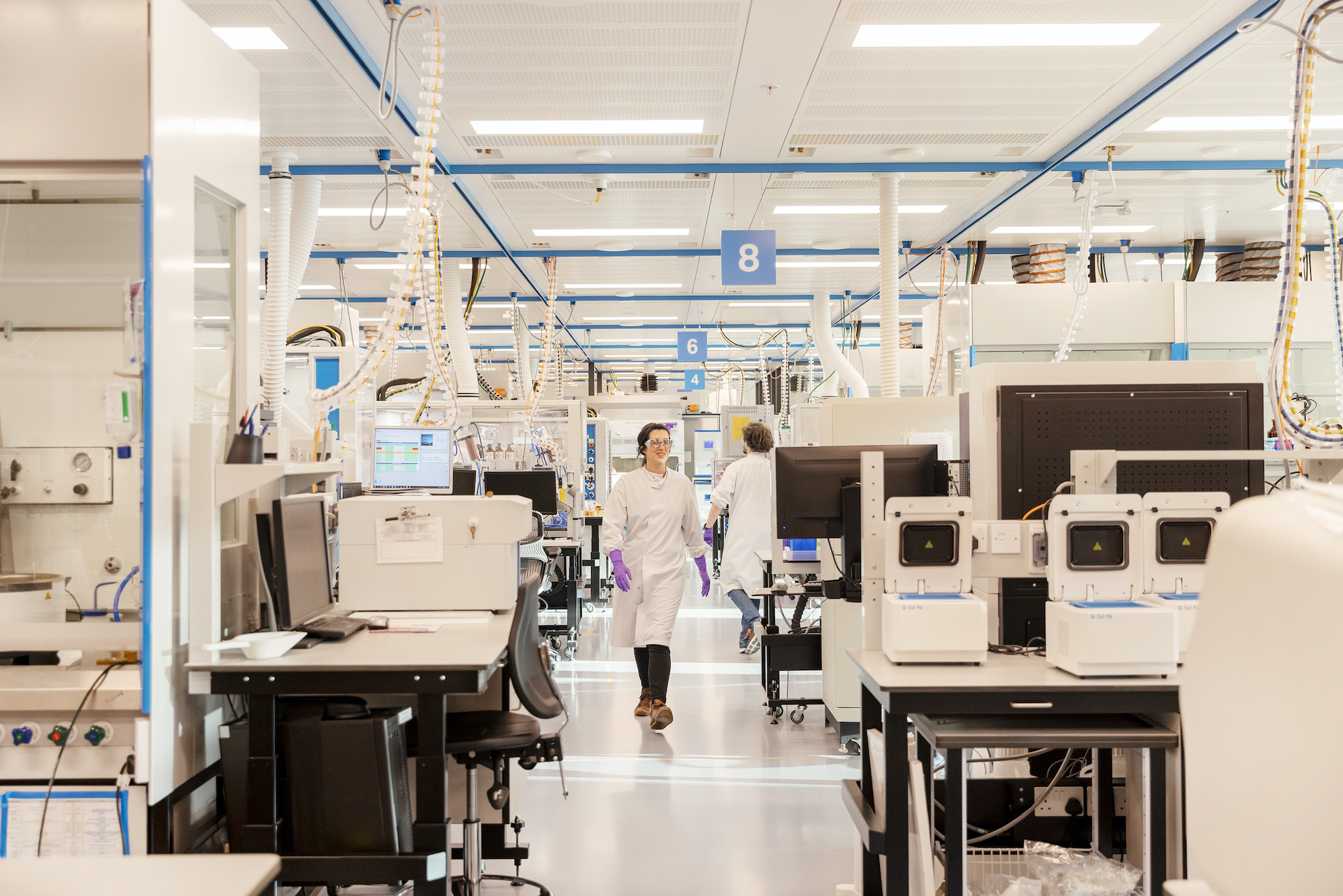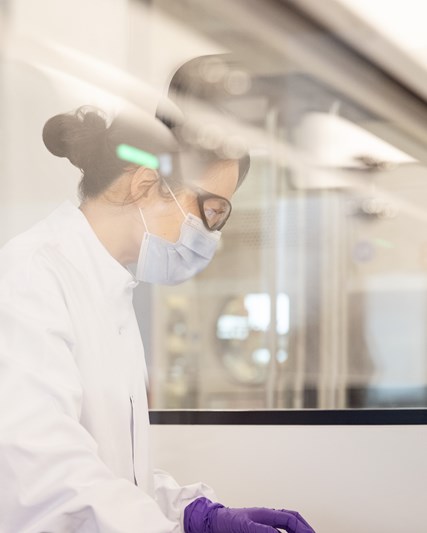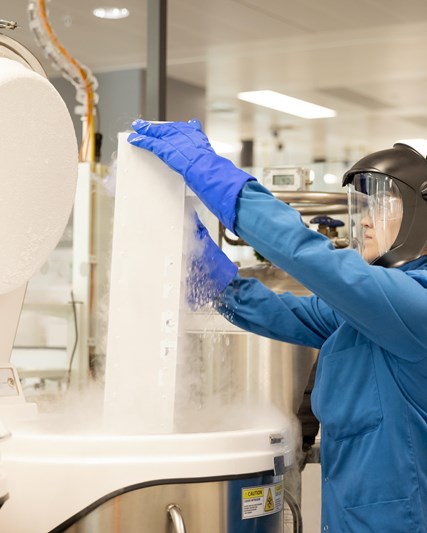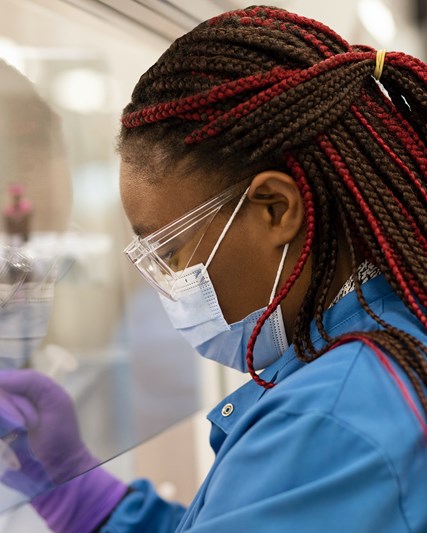The COVID-19 pandemic has put the science of vaccine development in the spotlight on a global scale.
Most modern vaccines are based on the virus or bacteria which cause the infection. Scientists either weaken or inactivate the pathogen, or just use a small part of it, stimulating our immune system to produce the required immune response without causing the disease itself.[1]
Sometimes our immune system can be stimulated even further to boost the level of protection: this is where adjuvants can be used.[1] As a diverse group of substances that can enhance and modulate our immune response, adjuvants can be found in vaccines for many diseases – including diphtheria, tetanus, polio, pneumonia and hepatitis.
With its name derived from the Latin for 'help', an adjuvant can boost our immune response after we've been exposed to administered vaccine antigens.[1]
When you come into contact with a virus or bacteria, danger signals are sent to your body's immune system. This then mounts a protective response to fight off the infection. Adjuvants mimic this immune response.
Maximising vaccine effectiveness
Our immune system becomes less effective with age, which makes it harder to achieve high levels of vaccine effectiveness in older people. By boosting immune responses, adjuvants play a valuable role in developing vaccines for those more vulnerable to infections, such as elderly or immunocompromised people.[1]
Adjuvants also have the potential to help achieve broader, longer-term, more persistent protection – or cross-protection – against disease-causing pathogens.
At GSK, we have spent three decades developing a portfolio of adjuvant systems, building on our ever-growing understanding of pathogens and how they trigger the immune system. Dr Louahed leads a team committed to advancing the next wave of adjuvant technology – such as a liposome-based vaccine adjuvant systems named 'AS01'.
With more than twenty years in development, this powerful adjuvant has been specifically tailored to help enhance immune responses in specific populations. In the vaccine development process, AS01 also opens up the use of antigens that may not otherwise trigger a strong enough immune response.[2]
Building a healthier world
Adjuvants such as AS01 may play an important role in helping to improve global health for two main reasons. Firstly, they potentially allow us to decrease the quantity of antigen needed for each dose. Secondly, they may help activate an equally effective immune response in people of all ages.[3]
Today, adjuvants are helping us unlock the potential for vaccines in diseases where targeting the pathogen (whether bacteria, virus or parasite) with an antigen alone is not enough.
The COVID-19 pandemic has accelerated our understanding of some infectious diseases, and provided a global platform to apply decades of advances in the field of vaccine development.
"In part due to COVID-19, the world has a greater and renewed understanding of the value of vaccines and vaccine innovation," Dr Louahed continues. "We appreciate more than ever that innovative technology, paired with a keen understanding of life science, is vital to prepare us for whatever global health challenges may be ahead"
Inoculation, in one form or another, has been around for more than two centuries. But vaccinology remains a thriving area of research in the 21st century. With the help of adjuvant systems, we can develop even more effective vaccines that are tailored to the unique needs of specific population groups. And by using less antigen, we have the potential to protect even more people, and reap the benefits on a global scale.
References
[1] Alberta Di Pasquale et al, “Vaccine Adjuvants: from 1920 to 2015 and Beyond” in Vaccines 2015, 3, 320-343
[2] Arnaud M Didierlaurent et al, « Adjuvant system AS01: helping to overcome the challenges of modern vaccines” in Expert Rev Vaccines. 2017 Jan;16(1):55-63.
[3] Alberta Di Pasquale et al, “Vaccine Adjuvants: from 1920 to 2015 and Beyond” in Vaccines 2015, 3, 320-343; doi:10.3390/vaccines3020320




